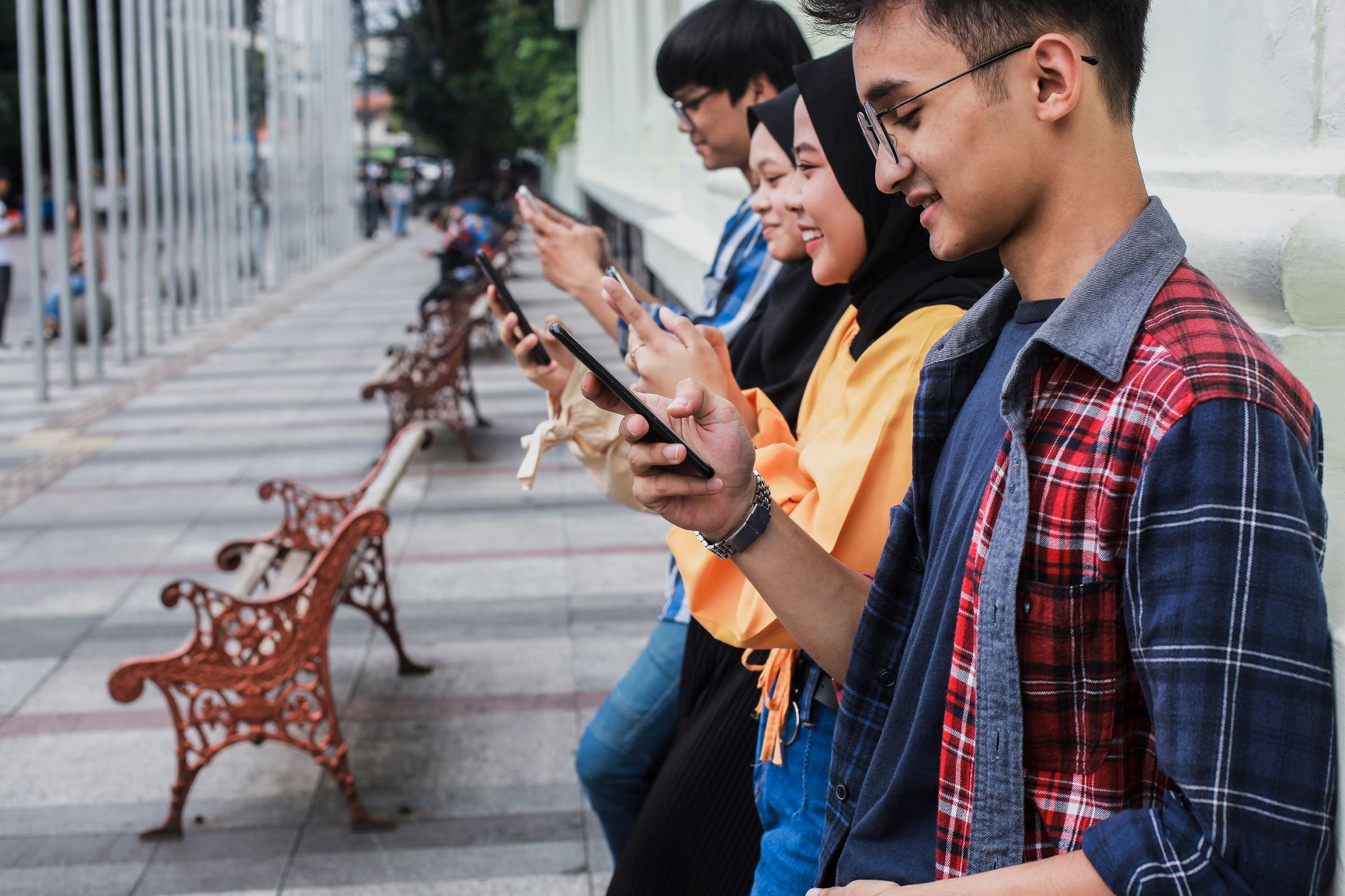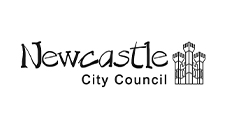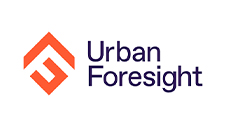Communicating with and understanding the needs of citizens is an ongoing exercise for Newcastle City Council.
The public sector needs to deliver “more with less”, requiring proactive consultation and the gathering of critical information needed for improved service delivery, policy development, and sharing of information.
At the same time, there is an increasing public appetite for transparency of decision-making, alongside enhanced expectations for active participation and collaboration.
In response, Newcastle City Council (NCC) established a range of social media channels and policies to improve engagement. However, unless the Council is directly contacted about an issue, it is challenging to gauge overall public sentiment.
Is there a method to measure sentient intelligence from NCC’s social media channels and could this information be used to improve the planning and delivery of public services?
Solving the problem
Wordnerds, a SaaS platform, specialises in text analysis to allow for better strategic decisions with an objective, accurate and actionable understanding of what people are *really* saying.
Via mining social media (Twitter and other platforms) Wordnerds uses their advanced linguistics and AI tool to hear what people are saying about their experiences in the city and summarise online attitudes towards NCC relevant activities. This data is then used to influence and inform the backlog of transformation opportunities.
Wordnerds is an online social listening and text analysis tool used by Newcastle Council to monitor and measure online opinions of city residents.
A bespoke methodology and customised version of the AI-platform tool was developed to evaluate the effectiveness of the solution for the Council. The tool was deployed to analyse social media exchanges made in respect of a defined suite of high profile and current policy initiatives to determine the solution’s ability to:
- Evaluate – Analyse public satisfaction with specific events/activities and benchmark these versus previous years and other cities.
- Consult – Spot early sentiment “signals” for urban planning approval decisions and identify most prominent stakeholder groups, who support or object to the decisions and reasons why.
- Plan – Identify potential emerging issues for clean air proposals and anticipating strength of public support for such initiatives.
Key outcomes
The exercise determined that key insights could be generated for each scenario with the support of additional human analysis. The team also developed a series of recommendations to enhance the solution and create richer and more accurate “listening” capabilities, optimising the AI algorithm, and gathering additional social media metrics.





